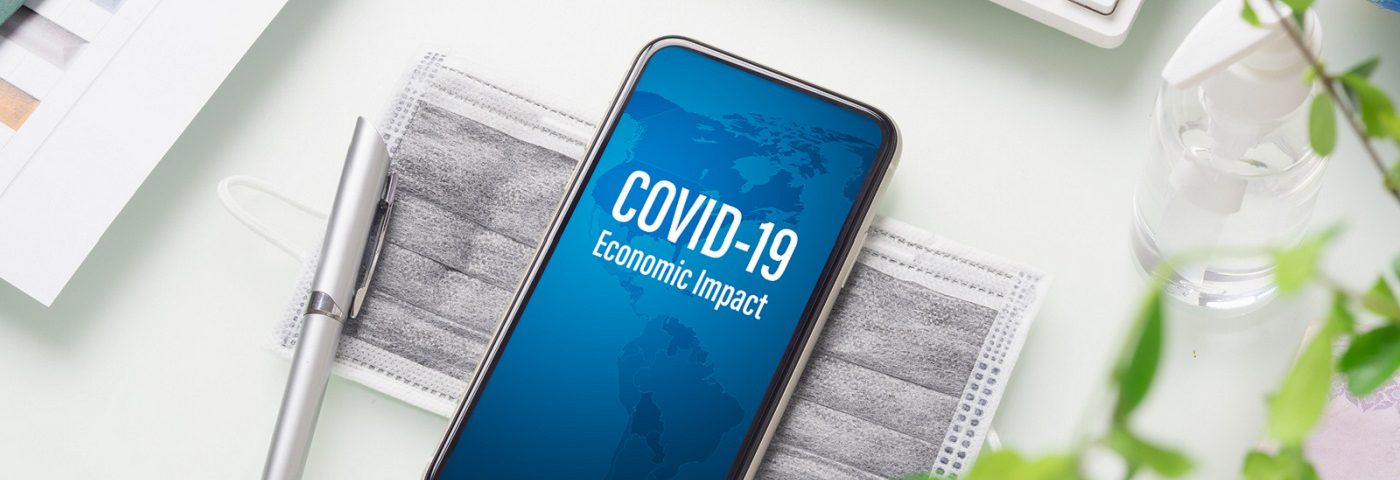The Covid-19 pandemic is continuing to dominate the news for the cosmetics and personal care industry, with muted consumer demand, challenges to the supply chain, and the big question of how long this is all going to impact the industry, amongst the biggest talking points.
Worldwide, the different approaches to tackling the problem has led to highly varied outcomes. In countries such as Germany, Austria, New Zealand, and in much of the Asia Pacific region, the swift implementation of strict lockdown measures has paid dividends. Now some of those measures are being lifted, allowing people to ease back into their lives and for economies to slowly open up again.
What will opening up mean?
However, in many other countries across the globe the response has not been so effective. Consequently the dilemma governments are facing is whether to maintain the lockdowns or just slowly open up and simultaneously manage the Covid-19 outbreak as best possible.
But regardless of how successful individual countries have been in tackling the pandemic, avoiding a second Covid-19 peak in the future, while trying to keep economies bubbling, remains a huge challenge.
All of this is naturally throwing the cosmetics and personal care industry into turmoil, with a lack of visibility making the decision-making process difficult to say the least.
However, despite all of this there are some brighter spots and even some opportunities, which we will highlight in this news round-up.
Kantar suggest a post-Covid-19 boost
With lockdowns being eased, the UK division of market research firm Kantar believes that the cosmetics and personal care industry is likely to receive a boost as consumers clamber for beauty therapy. After weeks and even months of being quarantined, many consumers will be raring to visit their beauty salon, barber or pharmacy to invest in some much needed self-care.
Kantar used its real time human and artificial intelligence system to gauge what people would most like to do after quarantining is over, and, ahead of eating out at a restaurant, socialising or traveling, beauty therapy topped the wish list.
The researchers say they scanned social media posts to discover this outcome, which leads to the belief that hairdressers, beauty salons and certain of at-home beauty treatments are likely to be in big demand in the first few weeks of opening up.
Don’t give up on colour cosmetics!
Across the board some of the world’s biggest colour cosmetic and make-up companies have reported significant dips in revenues as a direct result of the pandemic.
L’Oréal largely attributed a 4.8% drop in its first quarter sales to a double-digit drop in make-up revenues, as quarantined consumers went bare faced.
But researchers at Mintel believe the ‘mask make-up’ trend that has already been trending in pandemic-hit parts of Asia could be set to sweep other parts of the world.
Mask-wearing has not been popular in the West, but as people in Europe and North America begin to venture out from lockdowns, it is increasingly being recommended by medical experts and authorities. The mask make-up trend focuses on the eyes, with a plethora of tutorials promoting looks that encourage plenty of eye-liner, eye shadow, and mascara in an effort to make mask-wearing more fun.
Hand and nail care hots up
With strict hand-washing being the norm in recent months, it goes without saying that hand wash formulations using harsh alcohol and anti-bacterial based formulations have seen a huge spike in sales. But after repeated exposure to these products, many consumers have found that their hands are drying up. In response, they are seeking products that treat chapped hand skin and tired looking nails.
Market research companies have noted this trend, with Mintel’s researchers highlighting the brand Touchland hand sanitizer mist as leading the way, thanks to the incorporation of moisturising properties for both hands and nails.
Mintel research also points to the fact that dedicated mositurising products for hand and nails are starting to see a boost in demand as consumers look for treatment that provide deep mositurisation to counteract the effects of harsh hand wash formulations.
L’Oréal steps up pandemic response
Meanwhile, the world’s largest cosmetics company, L’Oréal, has announced a €150 million environmental and social protection plan that will give priority to areas most impacted by the Covid-19 pandemic.
The initiative pledges €100 million towards projects designed to preserve the world’s ecosystem, while giving a further €50 million as a charitable endowment towards organisations helping vulnerable women.
The company’s long-standing CEO Jean-Paul Agon said in a statement that the response was to help out in a time of “great human suffering, particularly for the most vulnerable”.
How has the supply chain been impacted by Covid-19? Listen to the podcast

